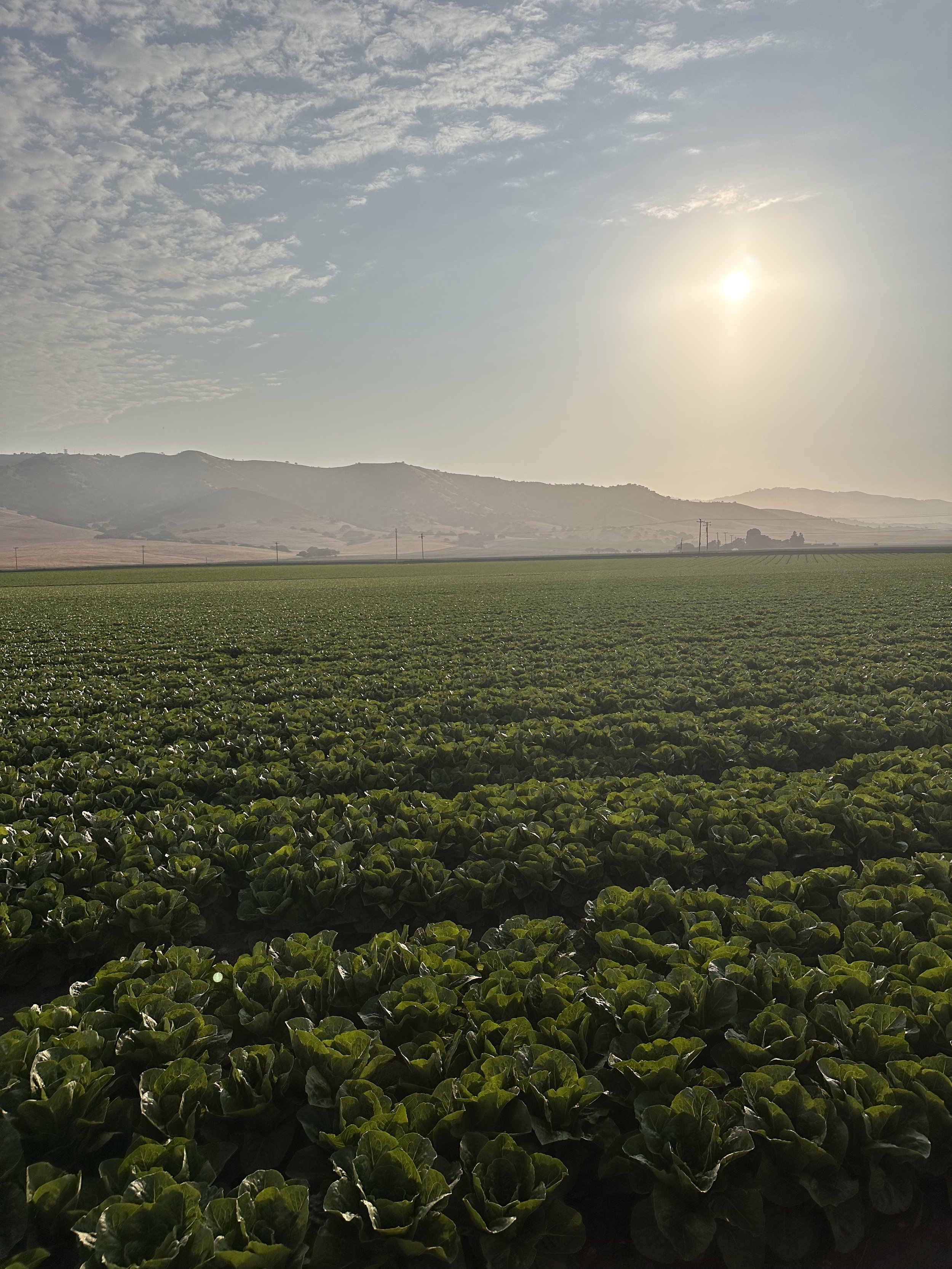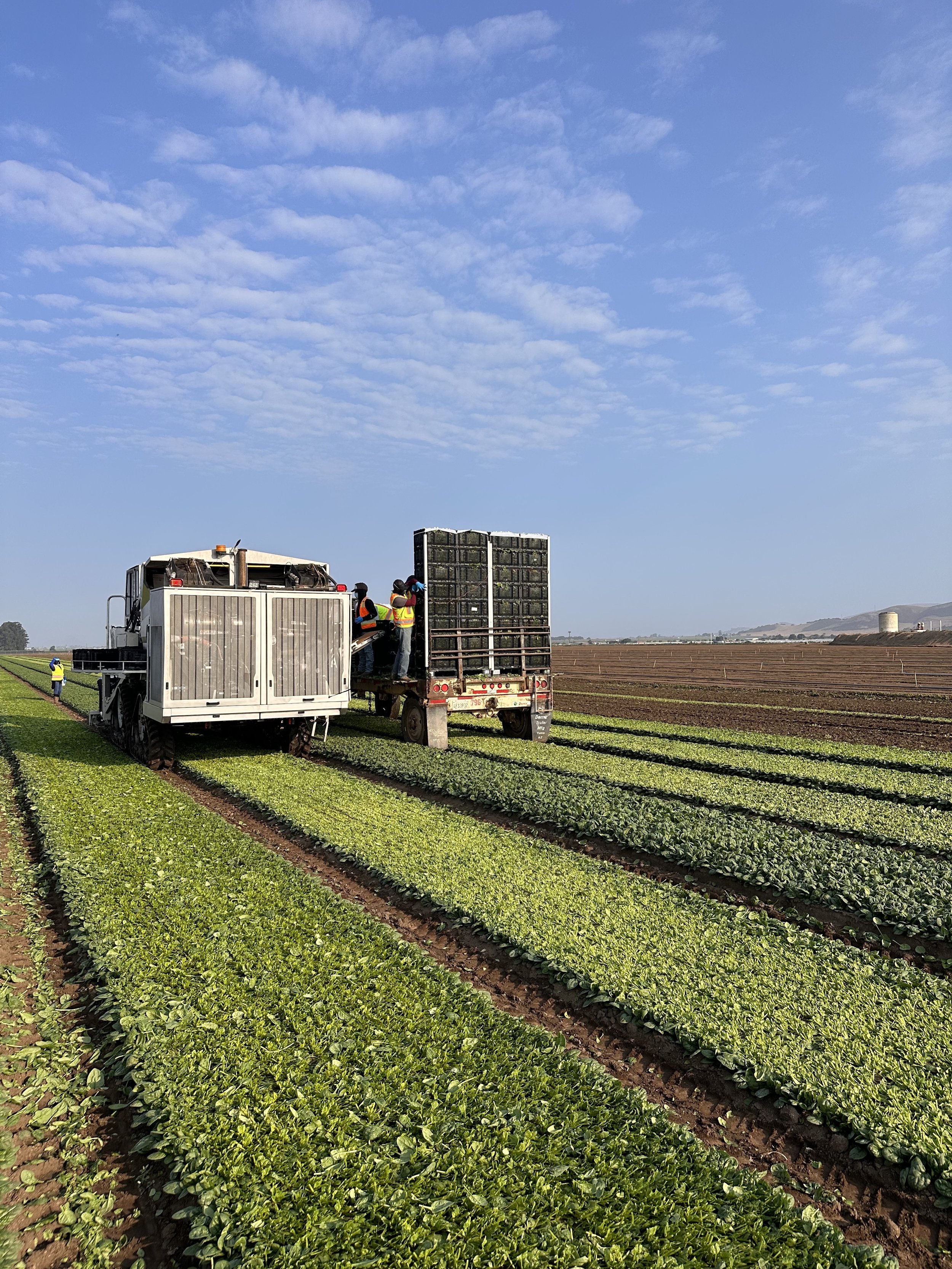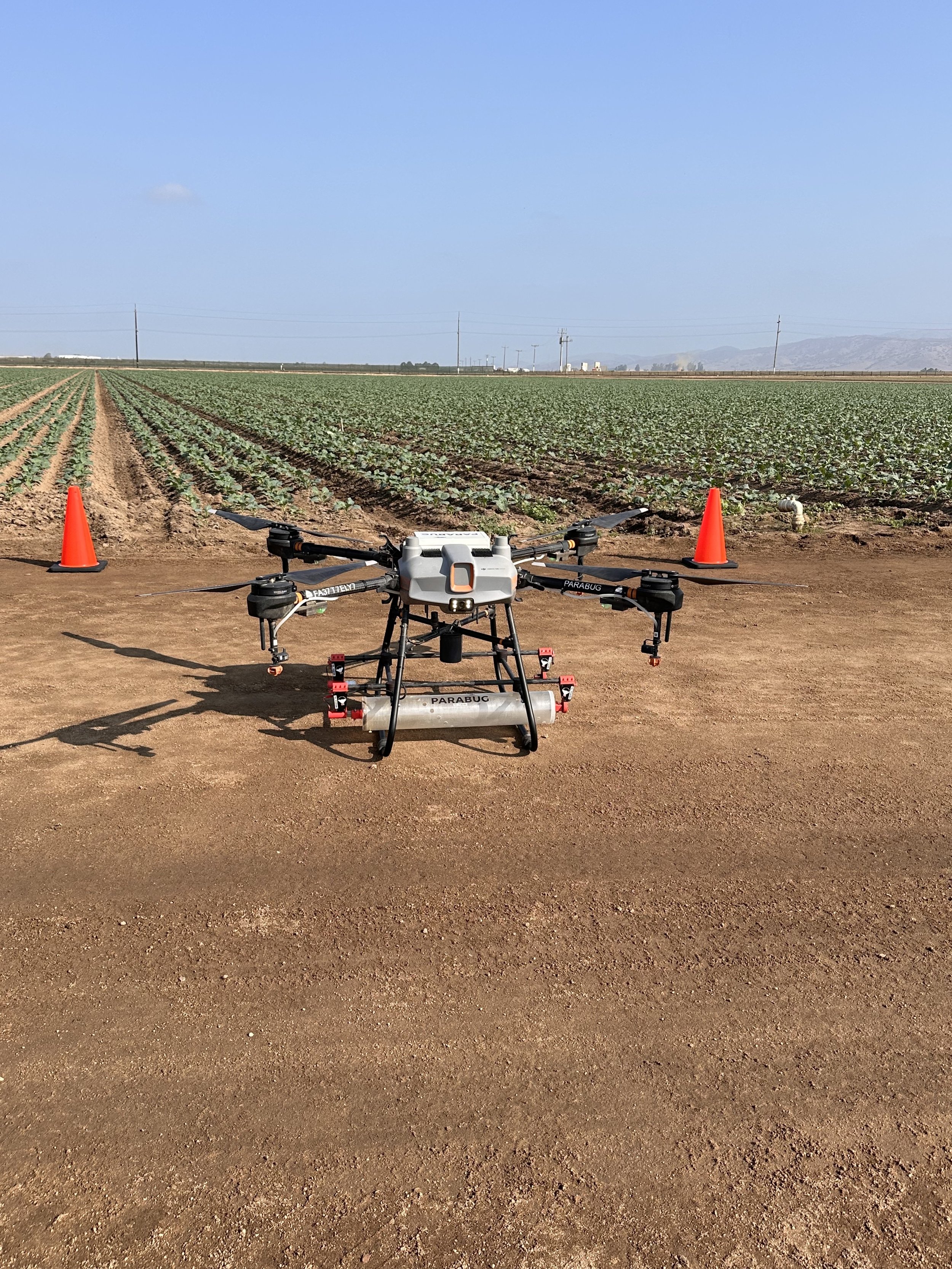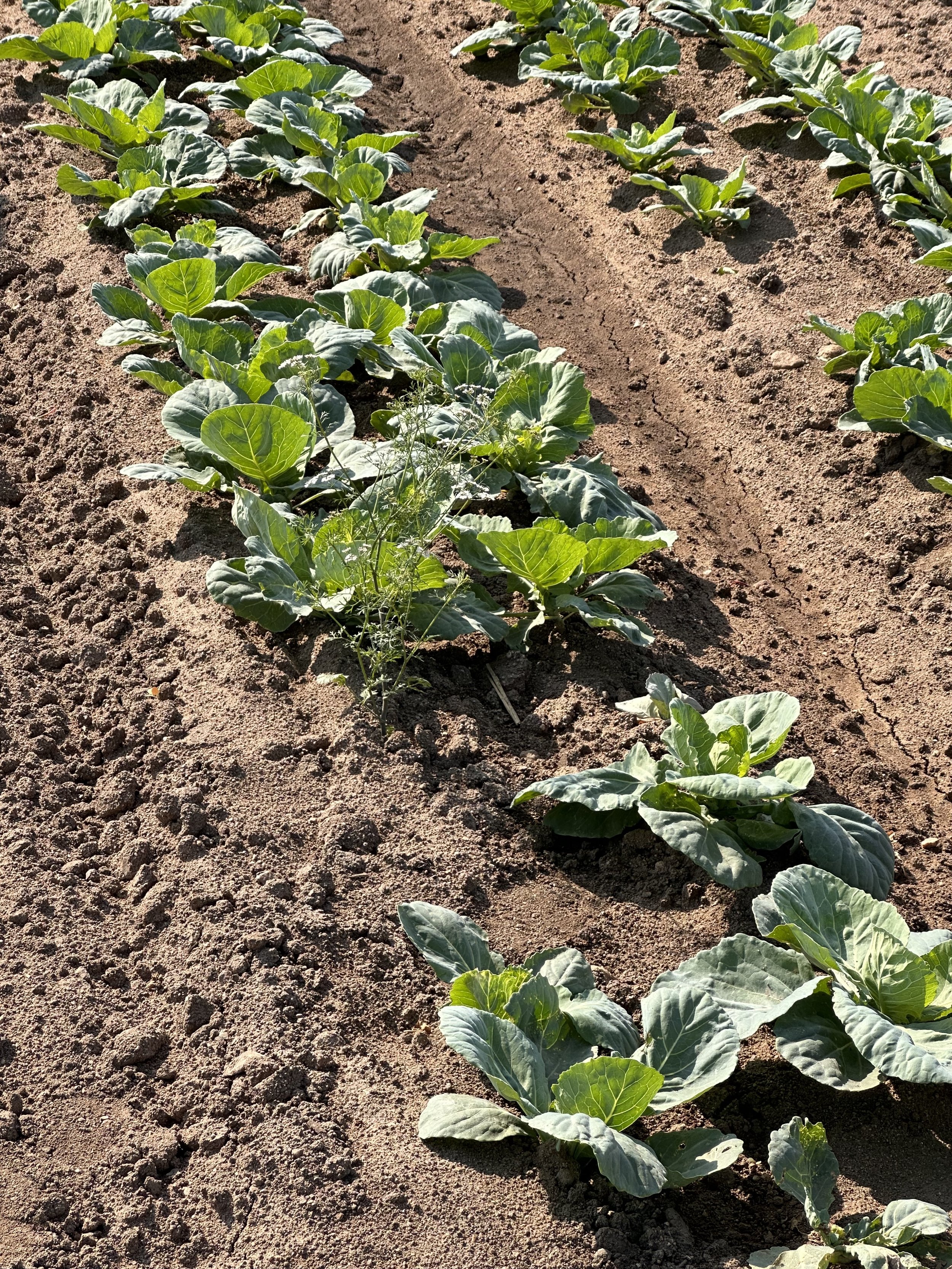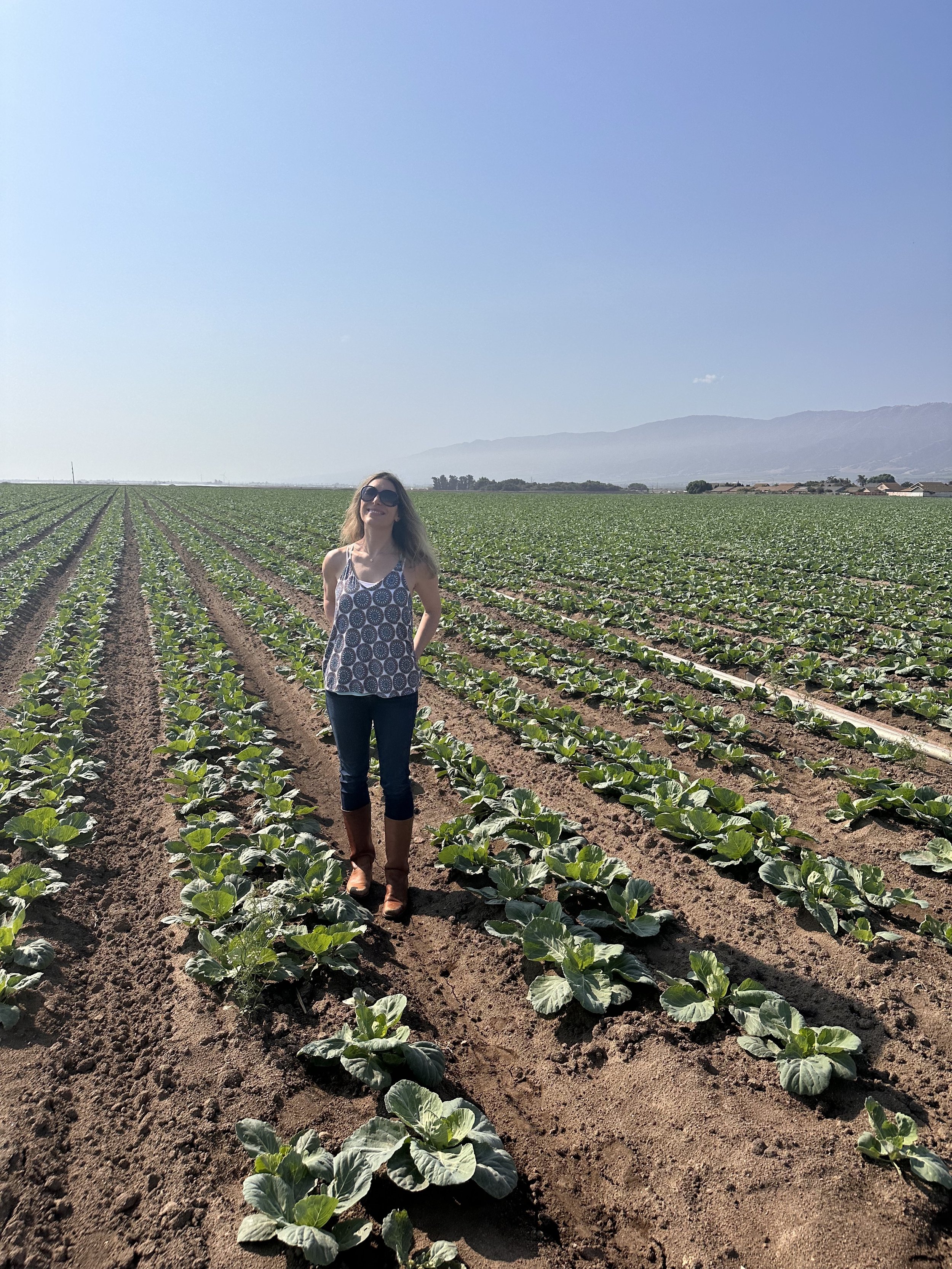Is Organic Food for Baby Necessary?
Is Non-Organic Food Safe for Babies?
This post was written in partnership with the Alliance for Food and Farming. All opinions are my own.
As parents, we go down a lot of rabbit holes, wondering about things that may or may not affect our kids. As a pediatric dietitian specializing in infant and child feeding, one of the questions that comes up often in my private nutrition practice is whether we should be giving our babies only organic foods.
I remember when I had my first child (pictured with me here, at a wedding); I was determined at first to feed her nothing but "clean" (whatever that means, which actually is NOTHING!) and organic baby food – you know, the kind of food grown without all those “big bad chemicals and pesticides.” I wanted every bite she ate to help her grow up healthy and strong because, like any new parent, I wanted to do everything just right.
But as time went on and she started eating more, the cost of groceries became a big source of stress. I wondered whether organic food was really necessary, especially when it could be so costly?
What are the Benefits of Organic Food for Babies?
So, I did a deep dive in order to get to the bottom of it. First, does organic food actually give your child more nutrients compared to conventionally produced food? The topic is a subject of much debate, but current research doesn't support the idea that organic food is significantly more nutritious.
Some studies have suggested that eating organic might offer some small health benefits. But here's the twist – we're not entirely sure if those benefits come from the food being organic or from the healthy lifestyle that people who can afford organic food often follow.
Pesticides on Food: Are They Safe for Babies?
One potential benefit of organic food is that it might help reduce the chances of your child ingesting pesticide residues and antibiotic-resistant bacteria. But the truth is, tolerances for pesticide residues have legal limits in conventionally-grown foods that are tightly regulated by the Environmental Protection Agency. These strict rules are especially focused on setting tolerance limits on pesticide levels that protect infants and children.
Furthermore, while high levels of exposure to pesticides have been shown to have adverse effects on the development of the nervous system, it’s not clear whether the tiny differences in pesticide exposure between organic and non-organic foods cause any increase in health risks to humans.
Are Organic Farms More Eco-Friendly?
A lot of folks believe that organic farming practices are better for the environment, and it's true in many ways, but not others. Organic farming doesn't lead to soil erosion, loss of wildlife, pesticide runoff, or water pollution like some conventional methods do.
However, it's important to know that organic farms do use pesticides – just the natural kind, not synthetic pesticides. Sometimes, they even need to use more of these natural pesticides because they're not as strong against certain pests. Plus, organic farming can sometimes take up more land to grow the same amount of crops, which can lead to more greenhouse gas emissions.
This past summer, I had the privilege of visiting the Salinas Valley and Monterey Bay on a farm tour sponsored by the Alliance for Food and Farming, Western Growers, Taylor Farms, Earthbound Farm, the International Fresh Produce Association, and the Grower Shipper Association to learn more about where our food comes from and the people who work so hard to produce food products and get them to our grocery stores.
At both the organic and conventional farms we visited, I was blown away by the attention to food safety, produce quality, and land stewardship.
We saw Integrated Pest Management (IPM) in action – like the drone in the image below, which releases beneficial insects evenly over fields of green vegetables like the cabbage and spinach pictured. Did you know that IPM is used in both organic and conventional farming?
I was struck by how similar conventional growing methods are to the organic standards we saw at organic farms. And by the many other incredibly thoughtful ways that farmers and scientists are grappling with the changes in our environment, fostering land stewardship, and innovating to produce our food and keep it safe.
If you are curious about the levels of pesticide residues in organic vs. conventionally grown foods, your foods, check out this Pesticide Residue Calculator from the Alliance for Food and Farming and explore whether there are any significant differences between them. You might find that you are pleasantly surprised at how similar they are!
Should You Buy Organic Foods for Your Babies?
So, what's the takeaway for you? Deciding whether or not to buy organic is a personal choice. The main difference between organic and conventionally grown food is the cost. If you really like the taste of organic fruits and vegetables and can afford it, go for it! It's a good choice for you and your babies and kids. Although, if you asked me, I might suggest prioritizing local produce instead – it's a greener option.
Even better, consider planting a home garden with your kids – it's not only eco-friendly but also lots of fun!
But here's the thing: if you're on a tight budget or just don't want to spend extra money on organic products, that's totally okay too. Conventionally-grown fruits and vegetables are a safe, excellent choice as well. And you can always reduce pesticides on food further by washing, peeling, and cooking fruits and vegetables before serving them. Trimming the skin and fat from meat, poultry, and fish will also lower the amounts of pesticide residue.
Big picture, a diet with lots of different conventionally grown fruits and veggies is healthier than a diet with only a few organic ones.
So, whether it's organic or not, the key is to make sure your kids get a wide variety of foods from all the food groups to grow up strong and healthy.
For more science-based facts, tools, and tips to help guide your grocery shopping, visit safefruitsandveggies.com.
xo Malina
P.S. By the way, as your babies grow, if you want to help them learn to enjoy more vegetables and fruits, one of the most powerful things you can do is take them to a farm and show them where their food comes from! I’ve seen farm visits inspire even the pickiest of eaters to try something new…
If you’re interested in learning more about starting solids, baby-led weaning, and preventing food allergies, check out my new baby-led feeding cookbook!


